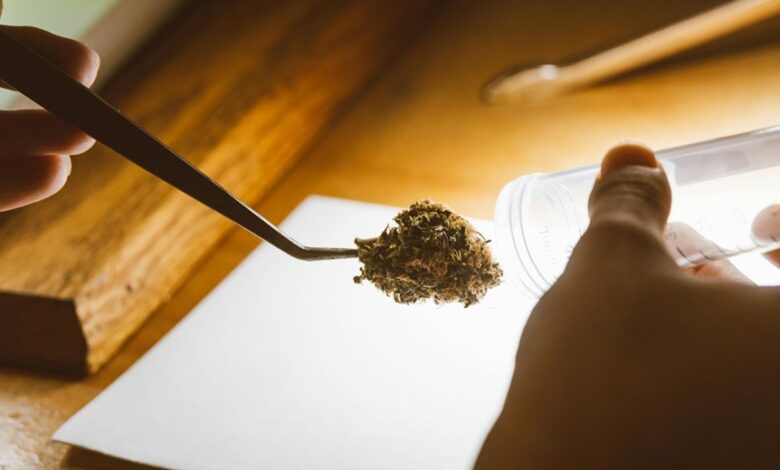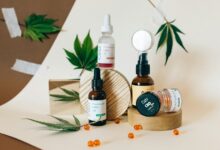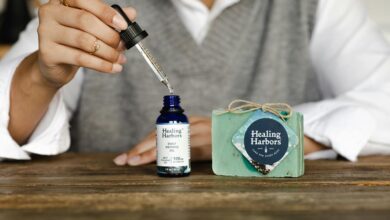If I Take Cbd Will It Show up in a Drug Test

The relationship between CBD and drug tests raises important concerns for users. While CBD is non-intoxicating, some products may contain trace amounts of THC, which could lead to a positive test result. Understanding the differences between CBD and THC, as well as the types of CBD products available, is crucial. This knowledge can help users make informed choices, potentially avoiding unexpected outcomes in drug screenings. What factors should one consider to minimize these risks?
Understanding CBD and THC: The Key Differences
Cannabinoids, the chemical compounds found in cannabis plants, include both CBD (cannabidiol) and THC (tetrahydrocannabinol), which are often confused due to their shared origin.
CBD benefits include potential relief from anxiety and inflammation without psychoactive effects, while THC effects can lead to euphoria and altered mental states.
Understanding these differences is crucial for consumers seeking specific outcomes from their cannabis use.
Types of CBD Products and Their THC Content
The landscape of CBD products is diverse, encompassing various forms such as oils, tinctures, edibles, and topicals, each with differing THC content.
Full spectrum CBD contains trace amounts of THC, while broad spectrum CBD has none. CBD isolate is THC-free.
CBD oils often vary in THC levels, and CBD edibles and topicals may also include different concentrations, affecting user experience and drug test results.
How Drug Tests Work: What They Detect
Drug tests are designed to identify specific substances within a person's system, primarily focusing on metabolites that indicate drug use.
These tests utilize various drug test mechanisms to detect compounds, with different detection windows depending on the substance and frequency of use.
Understanding these factors can help individuals navigate potential outcomes when consuming products containing CBD, especially those with THC.
Tips for Choosing CBD Products That Minimize Drug Test Risks
When selecting CBD products, how can one ensure they minimize the risk of failing a drug test?
Consumers should prioritize products that adhere to strict lab testing standards and verify third-party lab results.
Additionally, examining product labels for THC content is crucial; choosing options labeled as "THC-free" or containing negligible amounts can further reduce the likelihood of a positive drug test result.
Conclusion
In conclusion, while CBD can offer various health benefits, it may also pose a risk of triggering a positive drug test result, particularly due to THC content in certain products. It's noteworthy that approximately 20% of CBD products tested in a study were found to contain higher THC levels than labeled. Therefore, consumers should exercise caution and select reputable brands with third-party lab results to ensure their chosen products align with their drug testing needs.





